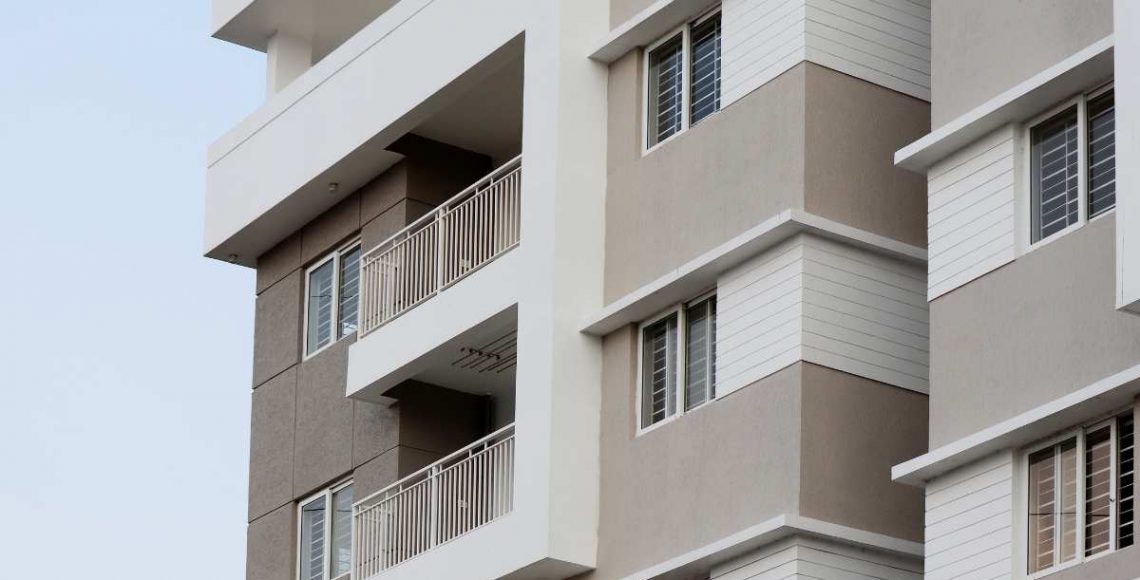Strata Living: A Guide to Purchasing a Strata Unit
If you’re looking to purchase a strata unit, there are a few things you should know before taking the plunge.
Strata living can be a great way to own property while enjoying the convenience of shared amenities and communal living. However, there are also some unique considerations and potential pitfalls to be aware of. Read on and we’ll cover everything you need to know before buying a strata unit.
What Is A Strata Unit?
Firstly, it’s important to understand what a strata unit actually is. A strata unit is a type of property ownership where you own your individual unit within a larger building or development, but also share ownership of common areas and facilities with other strata owners.
These shared areas can include things like hallways, elevators, parking garages, and amenities like pools or gyms. The strata corporation, made up of all the individual owners, is responsible for maintaining and managing these shared areas.
Key Considerations Before Purchasing A Strata Unit
Budgeting For The Fees
When considering buying a strata unit, there are a few key things to keep in mind. One of the most important is the strata fees. These are fees that all strata owners are required to pay in order to cover the cost of maintaining the shared areas and facilities. The cost of the fees can vary widely depending on the size and complexity of the development, but they can be a significant expense. It’s important to factor these fees into your budget when considering whether a strata unit is right for you.
Abiding By The Rules
Another consideration when buying a strata unit is the rules and bylaws governing the strata corporation. These rules can cover everything from pet ownership to noise restrictions to what colour you’re allowed to paint your front door. It’s important to review these rules carefully before purchasing a unit, to ensure that they align with your lifestyle and preferences. Keep in mind that violating these rules can result in fines or even legal action, so it’s important to take them seriously.
Financing A Strata Unit
When it comes to financing a strata unit, there are a few things to be aware of as well. Because strata ownership involves shared ownership of common areas, many lenders require a higher down payment for strata purchases than for other types of properties. Additionally, it’s important to ensure that the strata corporation is in good financial standing, as this can affect the property value and your ability to secure financing.
Managing Disputes
One potential downside of strata living is the potential for disputes between owners. Because you are sharing ownership of common areas and facilities, disagreements can arise over everything from parking spots to noise levels. It’s important to be prepared for the possibility of conflict and to approach any disputes with a willingness to communicate and compromise. If necessary, there are resources available for resolving disputes within the strata corporation, such as mediation or arbitration.
The Importance Of A Building Condition Assessment
Finally, when considering buying a strata unit, it’s important to take a close look at the building or development itself. This can include things like the age and condition of the building, the quality of the amenities, and the location and surrounding neighbourhood. It’s also a good idea to review any reports or safety inspections that have been conducted on the property, such as a strata inspection report or a building defect assessment report.
Strata living can be a great option for those looking to own their own property while enjoying shared amenities and communal living. However, there are a number of important considerations to keep in mind when buying a strata unit, from the cost of strata fees to the rules and bylaws governing the strata corporation. By carefully reviewing these factors and thoroughly examining the property, you can make an informed decision about whether strata living is right for you.
If you have any additional questions about strata units and management, contact us at Quality Building Management today.






